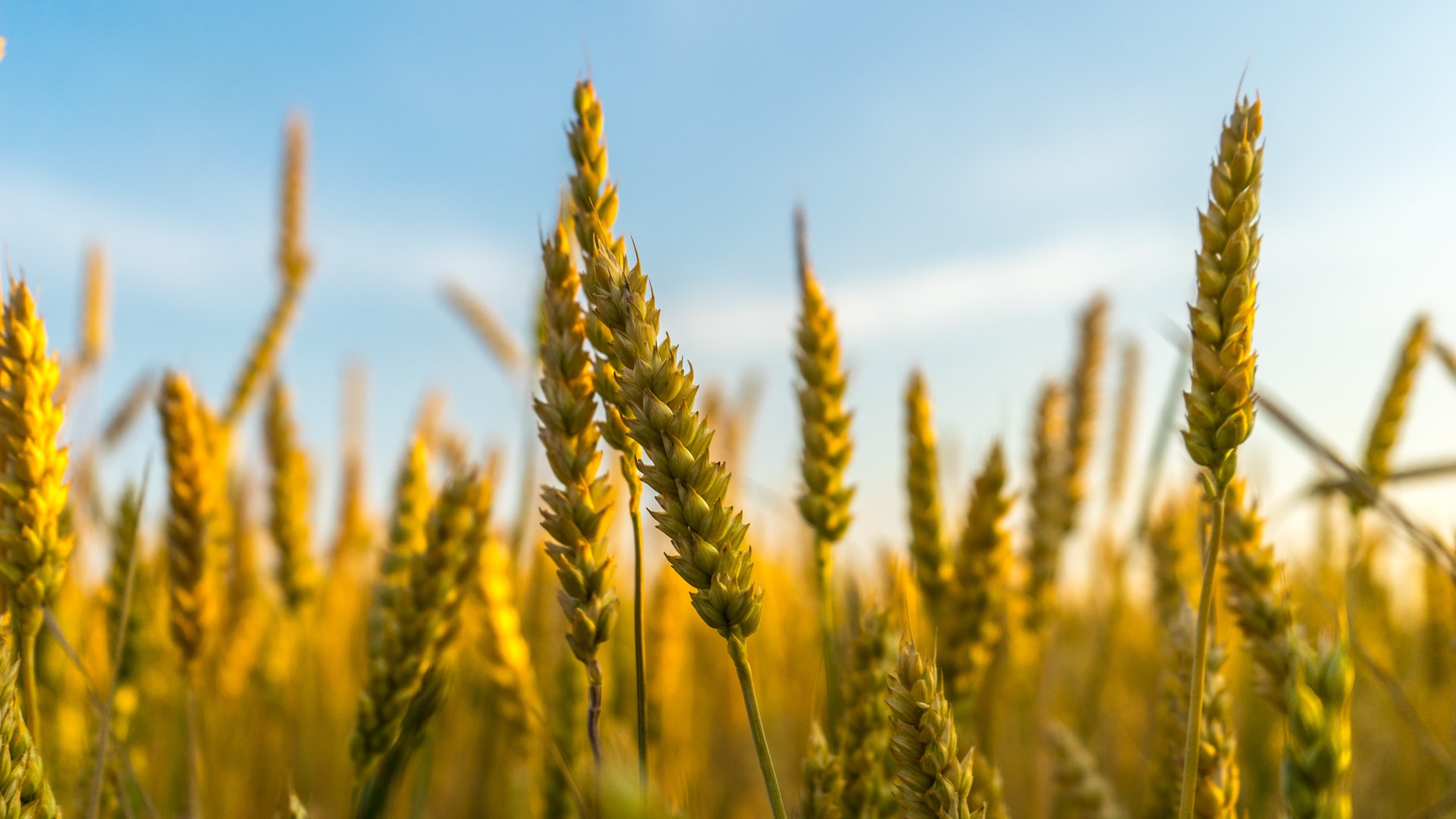
Are we going any further? Contemplating the impacts of livelihoods-conservation initiatives in Uganda
Summer 2018 blog post from Peter Musinguzi:
I was brought up by and have lived with poor people in the rural village near the border of Kibale National Park (NP) in Uganda. I witnessed the Eviction of people from Mpokya in 1992 which was annexed to the Kibale NP when I was young. At home, we housed a few evicted individuals for a while on their way to a distant district where the government was resettling them. I love nature conservation but as a rural boy, I loved farming more as it provided both food and cash though never satisfactory.
My academic background is broad and interdisciplinary in nature with qualifications ranging from Agroforestry, Agricultural Land use and Management, Integrated Land Scape Ecology to Agricultural Development. I have mainly achieved all this through national and international Government and University competitive scholarships and other merit based grants managed by International Organisations. Marshal Papworth scholarship was the first international scholarship that I won which funded my first MSc Degree at Cranfield University in England. The scholarship opened international opportunities and contributed to widening my personal and career ambitions.
Having grown and witnessed such a hard life and people suffering at the border of the NPs, I became interested in the nexus of rural livelihoods and conservation. I used to wonder why we were sidelined in development efforts since we were at the proximity of the park and as such, the custodians of biodiversity. I became more perplexed as I grew up witnessing the village people perpetually remaining poor and yet the government officials would announce on radios about the very nice projects and programmes they had for people bordering the parks, but we would barely witness them at village level or if you were lucky, you could see an official once and never see him/her again. Some Non-Government Organisations (NGOs) would also (and still do currently) sympathize with the rural people bordering the park in my area and introduce interventions to improve our livelihoods. However, the introduced interventions would last for a short time and the village people returned to their usual ways of life hence you could not see the value added to the rural poor by such implemented interventions.
My education in Uganda and abroad including rural based development work with smallholder farmers and research has exposed me more to the realization of how rural people and especially those living near protected areas can be marginalized in myriad ways such as poor accessibility and wildlife-people conflict complexities among others.
Such issues besides my academic and professional background aroused my interest to dive deeper into academia and widen understanding of development versus conservation and contribute to answering why people are remaining poor despite governments’ and NGOs’ support through several interventions. I feel there are missing links to fully understand the complex nature of development and environmental sociological issues in developing and transitioning countries. As such, my career goal is to contribute to the body of knowledge within international development and natural resource management through developing or improving novel research methodologies, advancing relevant development theories and making practical and policy recommendations that could bridge such missing links.
My work within in the ICCS at the University of Oxford has been fulfilling some of my ambitions. I have been involved with an evaluation project entitled “Can health investments benefit conservation and sustainable development?” under the supervision of Professor EJ Milner-Gulland and Dr Henry Travers. I have been privileged to traverse the eastern and mid-western parts of Uganda into the villages bordering the great Ugandan NPs (Bwindi Impenetrable, Mt. Elgon) and Budongo forest. I was able to interact with poor rural communities in hard to reach areas and heard their stories and issues related to conservation and sustainable rural development.
Excitingly, towards the end of June 2018, I will head to the University of New England in Australia where I will start my PhD studies to further try to unravel the nexus of development and conservation related interventions. The PhD will broadly specialize on impact evaluation and specifically try to advance a holistic understanding of rural social enterprises; their sustainability, socioeconomic impacts on smallholder farmers’ livelihoods and evidence of their relevance to natural resource management. In so doing, the study will examine and contribute to the understanding of opportunities and constraints, and management and support issues in achieving dual goals of rural development and conservation.
The struggle continues and as much is unearthed by different scholars and practitioners, we will truly contribute to finding viable solutions to the overarching issue of poverty and more so in the rural areas of developing and transitioning countries around the World!

